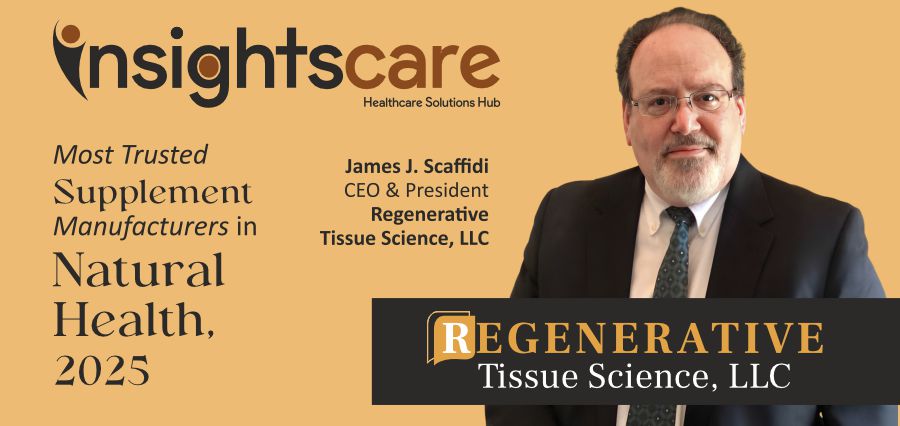Expert Insights and Wisdom
The Healthcare sector is one of the most pivotal industries in society; it’s indispensable, and transformation is one of its key features. Presently, healthcare institutions are experiencing remarkable transformations, technological advancements, changing patient expectations, and thriving for more efficient and accessible healthcare services. This industry ensures a prosperous and healthy community life by providing timely medical interventions, treatments, and preventive care, ultimately extending our lifespans and enhancing the quality of life. It also invests in long-term planning to address emerging health challenges. They are responsible for monitoring disease outbreaks, administering vaccinations, educating the public about health risks, helping prevent the spread of illnesses and improving overall community well-being. All these agendas are fulfilled under a budget to provide accessible healthcare facilities to the masses. These requirements are fulfilled due to the expectational transformations this industry goes through.
In this article, let’s explore the expert insights and wisdom that are shaping this healthcare revolution.
Telemedicine Enhancing Comfort and Convenience
Telemedicine has emerged as a shaker in healthcare, particularly in addressing geographical and logistical disparities. The excellent tool is not just about virtual doctors; it’s about releasing medical help to isolated parts or sometimes critical situations in difficult times. Health is a priority and unpredictable; this magnificent tool can be effective in difficult situations. This transformation has been instrumental during the COVID-19 pandemic and is likely to continue reshaping healthcare delivery.
Artificial Intelligence: Reinventing Diagnostics and Treatment
Artificial intelligence is another paradigm-shifting influence in healthcare. It’s helping healthcare professionals sift through vast amounts of data, leading to more accurate diagnoses and personalized treatment plans. AI-powered diagnostic tools are becoming increasingly proficient at identifying diseases such as cancer, diabetes, and heart conditions. Moreover, they can predict patient outcomes, reducing the risk of complications and improving overall healthcare quality.
A Promise of Personal Medicines
Gone are the days when one-size-fits-all treatment approaches ruled healthcare. The era of personalized medicine is upon us, allowing healthcare providers to customize treatments based on a patient’s genetic makeup, lifestyle, and specific needs. This allows a convenient, safe, and reduced side-effect option. By analyzing a patient’s genetic profile, doctors can prescribe medications that are more likely to work and less likely to cause adverse reactions, a major leap forward in patient care.
Patient-Centric Care
In the ever-evolving landscape of healthcare, a significant shift has occurred. Patients are no longer mere spectators in their own care; they’ve become active participants in the decision-making process. This transformation is embodied in the concept of patient-centered care, which places immense importance on the collaborative partnership between patients and their healthcare providers. Patient-centered care, at its core, emphasizes the integration of patients’ values, choices, and unique needs into every facet of their treatment journey. It acknowledges that healthcare isn’t a one-size-fits-all approach and that tailoring care to an individual’s specific circumstances can lead to better outcomes. One of the remarkable outcomes of this approach is the profound impact it has on patient satisfaction. When individuals feel heard, respected, and empowered to make decisions about their health, their overall experience becomes more positive. This, in turn, often translates into a higher level of trust in their healthcare team.
Challenges
Despite remarkable progress in healthcare advancements, there are still significant challenges to overcome. Telemedicine and AI innovations raise critical concerns about the privacy and security of patient data. In personalized medicine, ethical dilemmas loom large, particularly concerning the use of genetic information. Additionally, the shift toward patient-centered care demands an overhaul of existing healthcare systems. These hurdles represent complex issues that require careful consideration and effective solutions as we navigate the transformative path of modern healthcare.
Conclusion
Healthcare is on the brink of a remarkable transformation. Telemedicine is breaking down barriers to access, AI is enhancing diagnostics and treatment, personalized medicine is revolutionizing patient care, and patient-centered approaches are empowering individuals to take control of their health. This transformative journey is imperative to remain vigilant about addressing the challenges that arise. Combining expert insights with responsible innovation ensures the future of healthcare, which is not only technologically advanced but also patient-centered, ethical, and secure. The healthcare landscape is evolving, and with the wisdom of experts guiding it, it is possible to look forward to a future where healthcare is more accessible, personalized, and effective than ever before. It’s a future where the patient is at the center of it all, and together, the globe is pioneering the path to better health for all.
-Ananya Mishra








